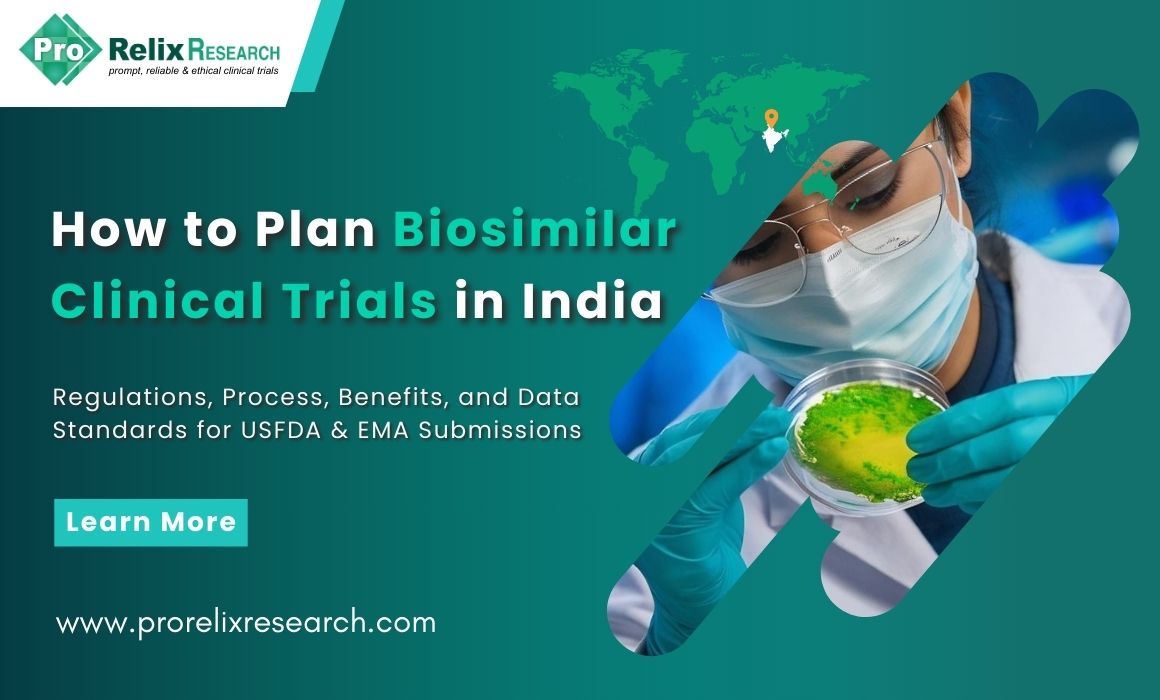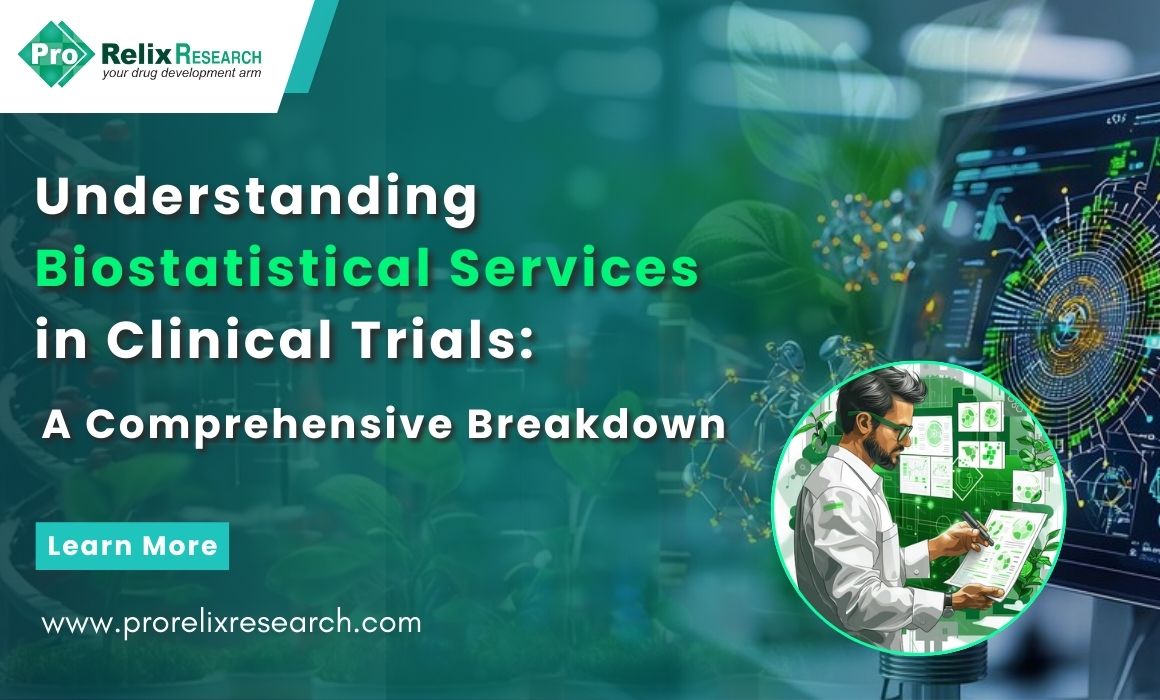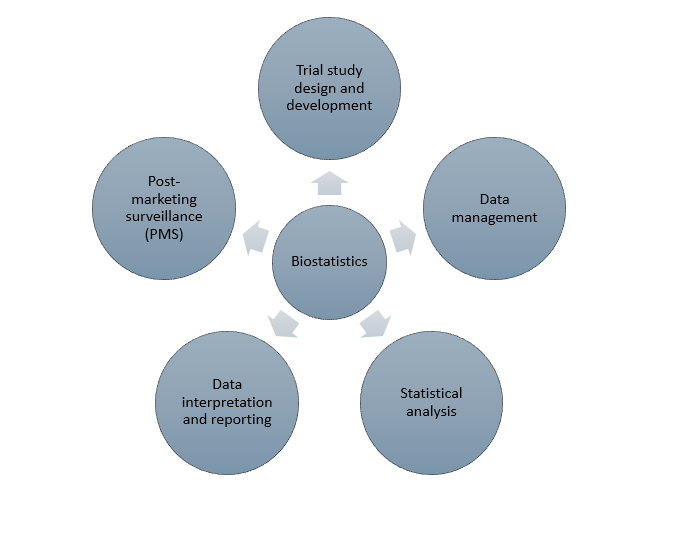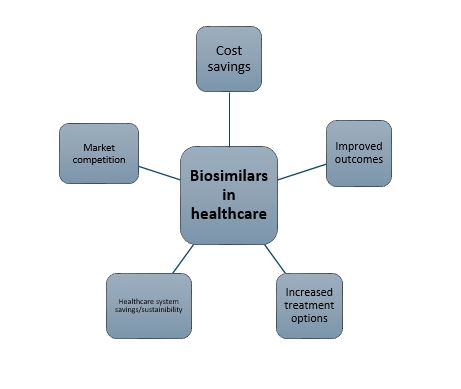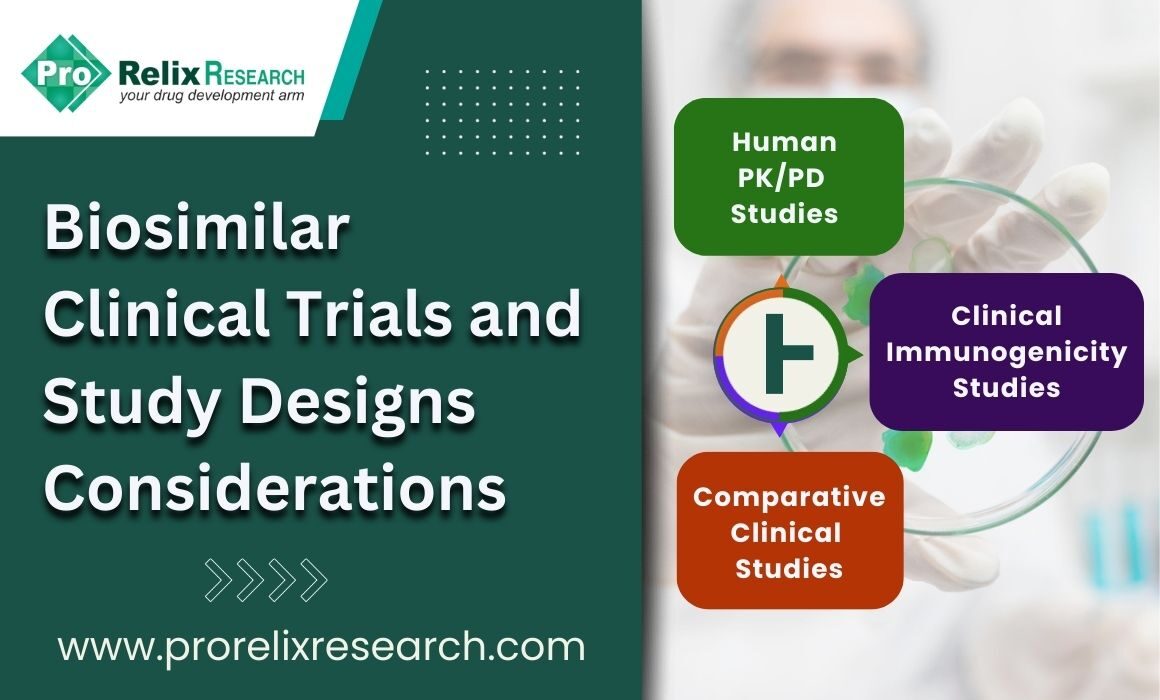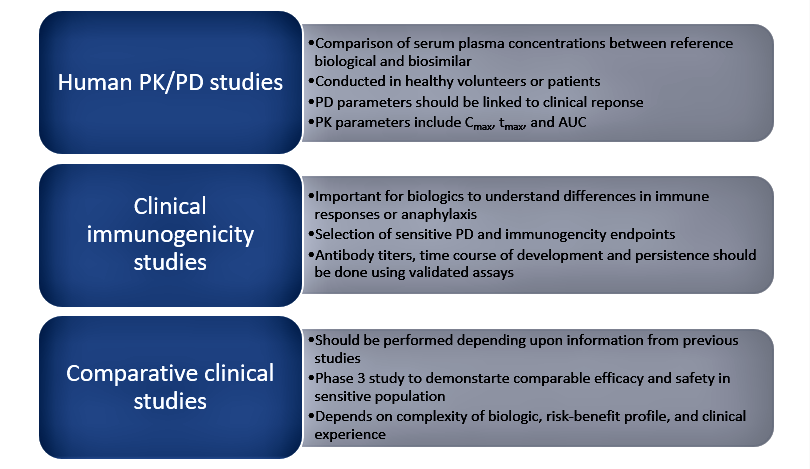As the patents for blockbuster biologics expire, a new era of opportunity emerges, ushering in the rise of biosimilars. These biologic alternatives offer the promise of affordable care, broader global access, and lucrative growth for pharmaceutical companies. But the key to unlocking this promise lies in a crucial phase: biosimilar clinical trials.
Clinical trials for biosimilars are not merely regulatory hurdles; they are strategic levers that drive global expansion, ensure regulatory compliance, and establish market credibility. In this post-patent era, mastering biosimilar clinical trials is the foundation for entering new markets, boosting profitability, and achieving long-term scalability.
The Patent Cliff: Turning Expiry into Opportunity
Many high-revenue biologic drugs have entered the patent expiration phase, including agents like Humira, Herceptin, and Enbrel. These drugs once dominated their therapeutic categories, but the expiration of their patents has created a multi-billion-dollar opportunity for biosimilar developers.
With the global biologics market projected to exceed $600 billion by 2025, the biosimilar industry is poised for exponential growth. However, gaining regulatory approval and market share requires more than replication—it requires demonstrating biosimilarity through rigorous, science-driven clinical trials.
Why Clinical Trials Are Essential for Biosimilars
Unlike small-molecule generics, biosimilars are complex, large-molecule biologics produced using living cells. Therefore, proving biosimilarity involves more than structural similarity—it requires substantial evidence of comparable efficacy, safety, pharmacokinetics (PK), pharmacodynamics (PD), and immunogenicity.
Regulatory bodies such as the FDA, EMA, PMDA, and WHO require detailed comparative data from clinical trials that assess how closely the biosimilar matches its reference product in terms of therapeutic outcomes. These trials validate not only scientific equivalence but also build confidence among healthcare providers, payers, and patients, essential for biosimilar adoption and market penetration.
How Biosimilar Trials Accelerate Market Access and Growth
Entry into Global Regulated and Semi-Regulated Markets
With a well-designed biosimilar clinical trial protocol aligned with ICH guidelines and WHO recommendations, companies can submit a unified data package across multiple regions. This harmonized approach enables faster approval in diverse regulatory jurisdictions, including the US, Europe, Asia-Pacific, and Latin America.
Such global regulatory strategies reduce redundancy, streamline timelines, and increase return on investment by allowing a single clinical trial to unlock access to multiple international markets.
Enhancing Physician and Payer Confidence
For biosimilars to gain commercial traction, they must overcome skepticism from healthcare providers and insurers. Clinical trials provide the comparative clinical evidence necessary to assure stakeholders of the biosimilar’s therapeutic equivalence.
This confidence is critical to achieving formulary inclusion, payer coverage, and widespread physician prescribing—all of which influence biosimilar commercialization.
Tapping First-Mover Advantage in Emerging Economies
Emerging markets present enormous untapped potential, especially in regions where the cost of biologics is a barrier. However, these markets often require localized clinical data to satisfy regulatory and ethical standards.
Conducting regionally focused biosimilar trials allows companies to meet local requirements and build trust with national health authorities, achieving first-mover advantage in high-demand, cost-sensitive settings.
Clinical Trials as Strategic Tools for Global Expansion
Harmonized Protocols for Multi-Country Approvals
Pharmaceutical companies are increasingly designing adaptive clinical trials that comply with harmonized international standards. These protocols facilitate cross-border submissions and minimize the need for additional studies, making global rollouts faster and more cost-efficient.
Such trial designs enable manufacturers to leverage clinical development frameworks that align with both stringent and semi-stringent regulators, expanding their global footprint efficiently.
Localized Trials for Regional Relevance
While global trial designs offer efficiency, localized biosimilar trials offer contextual relevance. Factors like ethnicity, healthcare infrastructure, and disease epidemiology can affect trial outcomes.
By customizing clinical trials to local settings, companies not only meet regulatory expectations but also gather real-world insights that enhance the biosimilar’s value proposition in targeted markets.
Attracting Strategic Partners and Licensing Deals
Robust clinical trial data also serve as powerful marketing tools. They attract global licensing partners, regional distributors, and co-development collaborators looking to enter or expand in biosimilar markets.
With a compelling clinical evidence package, companies can negotiate favorable terms for out-licensing, thereby multiplying revenue streams and accelerating global scale without extensive infrastructure investments.
Case Studies: Clinical Trials That Redefined Market Entry
Amgen: Multi-Regional Approvals through Clinical Excellence
Amgen’s biosimilar to Humira, Amgevita, leveraged extensive Phase 3 clinical trial data to secure approval in over 40 countries. By aligning its trials with FDA, EMA, and Health Canada requirements, Amgen demonstrated how a single development program can catalyze global biosimilar launch strategies.
Biocon and Mylan: Expanding Global Reach with Trastuzumab
The co-development of Ogivri (a trastuzumab biosimilar) by Biocon and Mylan exemplifies how biosimilar trials can bridge high-income and low-income markets. Their clinical data supported FDA and WHO approvals, enabling entry into both the US and emerging economies, particularly in oncology care.
Celltrion: Remsima’s Rise to Global Recognition
Celltrion’s Remsima (infliximab biosimilar) gained EU approval by demonstrating biosimilarity through rigorous trials. Its clinical success in Europe later supported approvals in the Middle East and Asia, positioning Celltrion as a leader in biosimilar market expansion.
Business Impact: The Economics of Trial Investment
While the cost of biosimilar development can range between $100 million and $300 million, the financial return can be substantial. Clinical trials are not just R&D costs—they are strategic investments that unlock revenue across product lifecycles.
Key benefits include:
- Lower development costs than novel biologics
- Quicker ROI through licensing and global commercialization
- Scalability through label expansions and new indications
- Market penetration via payer acceptance and prescribing behavior
Moreover, as biosimilar portfolios expand, companies can leverage platform-based development to reduce costs per molecule and increase pipeline velocity.
Evolving Regulatory Support for Biosimilar Trials
Global regulators have recognized the potential of biosimilars and are actively working to facilitate their development and approval.
- The FDA’s Biosimilar Action Plan (BAP) offers guidance on interchangeability and abbreviated approval pathways.
- The European Medicines Agency (EMA) has simplified clinical requirements for well-characterized biosimilars.
- The World Health Organization (WHO) is expanding its biosimilar prequalification program to increase access in low- and middle-income countries.
These shifts indicate a favorable climate for companies that invest in regulatory-aligned trial designs and pursue early engagement with health authorities.
The Future: Digitization, Personalization, and Real-World Data
Biosimilar clinical trials are evolving rapidly with the adoption of:
- AI-driven patient recruitment and protocol optimization
- Decentralized clinical trial models (DCTs) to reach diverse populations
- Real-world evidence (RWE) integration for post-market validation
- Patient-centric endpoints and digital health tools to enhance engagement
Companies that embrace these innovations will not only reduce trial costs and timelines but also differentiate their offerings in a competitive global landscape.
Clinical Trials as Catalysts of the Biosimilar Boom
In the biosimilar arena, clinical trials are more than a regulatory formality—they are the core drivers of market access, profitability, and scalability. As biologic patents expire and healthcare systems seek affordable alternatives, biosimilar developers that prioritize strategic clinical development will lead the way.
Investing in high-quality, globally relevant biosimilar clinical trials is the smartest way to open new markets, gain stakeholder trust, and build a resilient biosimilar business.
Success in the post-patent era belongs to those who understand: the trial is the strategy.





